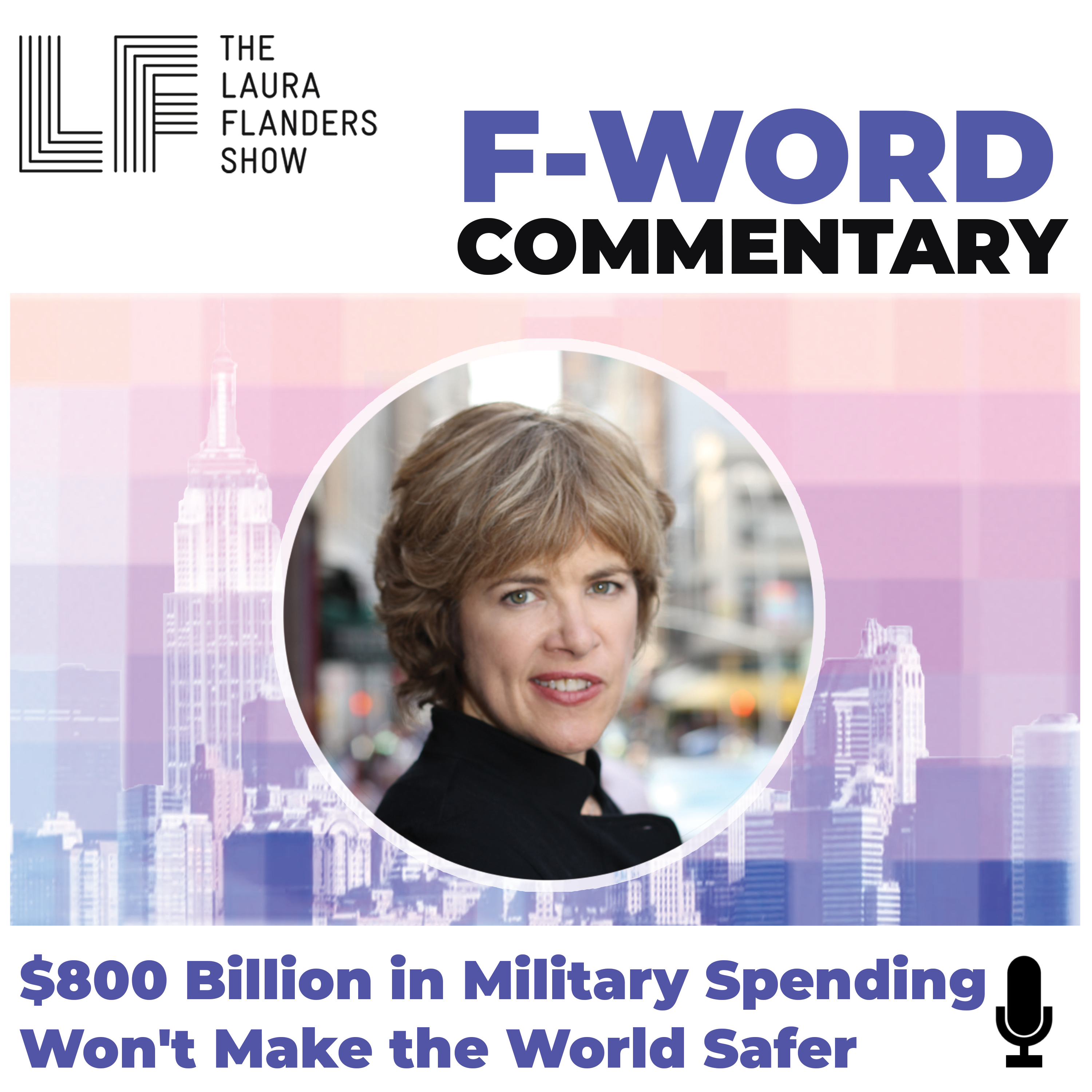When war ends, armies retreat, but the weapons those armies have amassed will stay on this Earth for decades to come. Missiles, fighter jets, high-powered guns — are these tools of destruction any good for creating lasting peace?
U.S. arms sales are typically discussed, debated and ultimately approved by Congress. “It is a unique responsibility, but one that really has to be taken incredibly seriously,” former State Department official Josh Paul tells me this week.
But in recent days, President Biden has called for billions of dollars and has expanded and expedited the transfer of arms to Israel.
Paul, the former director of the State Department’s Bureau of Political-Military Affairs, quit, this month, after eleven years.
“. . . There is no debate. There is simply an urgency to rush arms into a conflict where civilians are dying en masse. That is what I don’t understand. That is what I could not do anything to stop.”
That is why he chose to quit. The lack of debate, and refusal to discuss the rush to send yet more arms, “is why I thought that the only place to have it would be in the public eye,” says Paul.
Paul’s appearance on the Laura Flanders Show is one of his first full-length conversations about what brought about his decision.
“We cannot be both against occupation, and for it. We cannot be both for freedom, and against it. And we cannot be for a better world, while contributing to one that is materially worse.” His full letter of resignation is worth the read.
While Josh Paul and I don’t agree on some things, it is clear that the U.S. approach to creating peace in the Middle East is not working.
It’s a truism to say that ‘what we measure we tend to treasure’, and we sure can measure US military spending year after year. In 2023, that number stood at almost $800 billion. And researchers at Brown University calculate we’ve spent some $8 trillion on war since 9/11 alone.
All of that spending has not made the world a safer, more peaceful place. It has simply ratcheted up a global war economy.
Unfortunately, as the people of Israel discovered after the horrific terror attacks by Hamas on October 7th, force alone cannot be relied upon to keep a people safe against a enemy with a grievance that has boiled over into war.
So how about it? How about we invest as much in war prevention and in conflict resolution, as we invest in our war economy? It is at least worth a try. How about ‘Departments of Peace’ at every level, national, local, regional? Could we embed our local economies as effectively in making peace and resolving conflict as we have embroiled them in making tools for war?
I believe we can. And Josh Paul in our extended conversation says that the lesson from the Northern Irish peace process is that focus is required.
You can watch The Laura Flanders Show report “Josh Paul’s Breaking Point: Resigns State Dept. Over Arms to Israel“ on PBS stations across the nation, or on YouTube, or subscribe to the free podcast. Find out more at LauraFlanders.org














